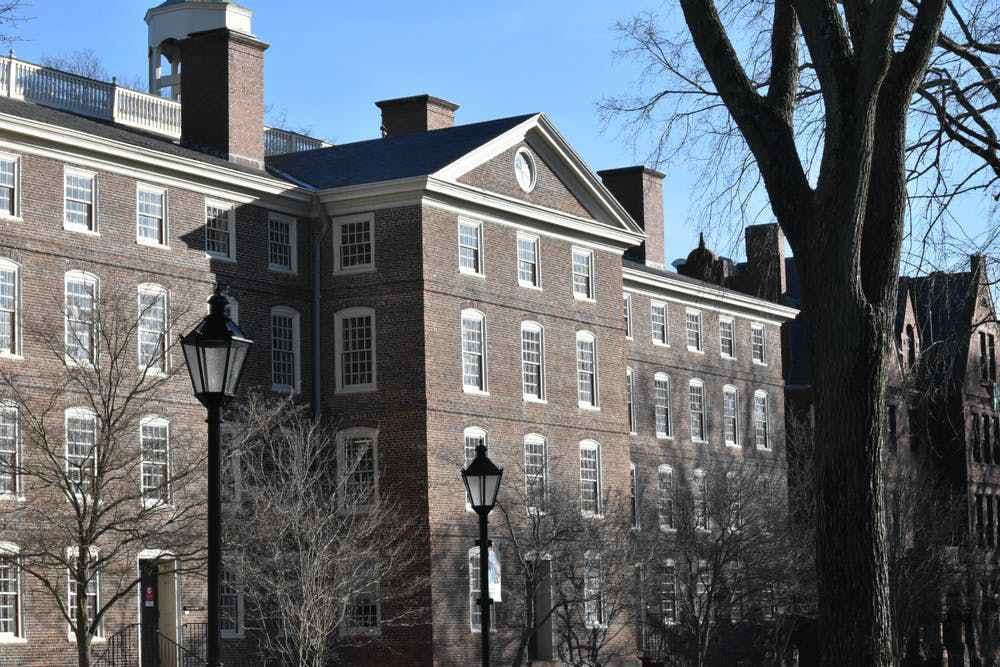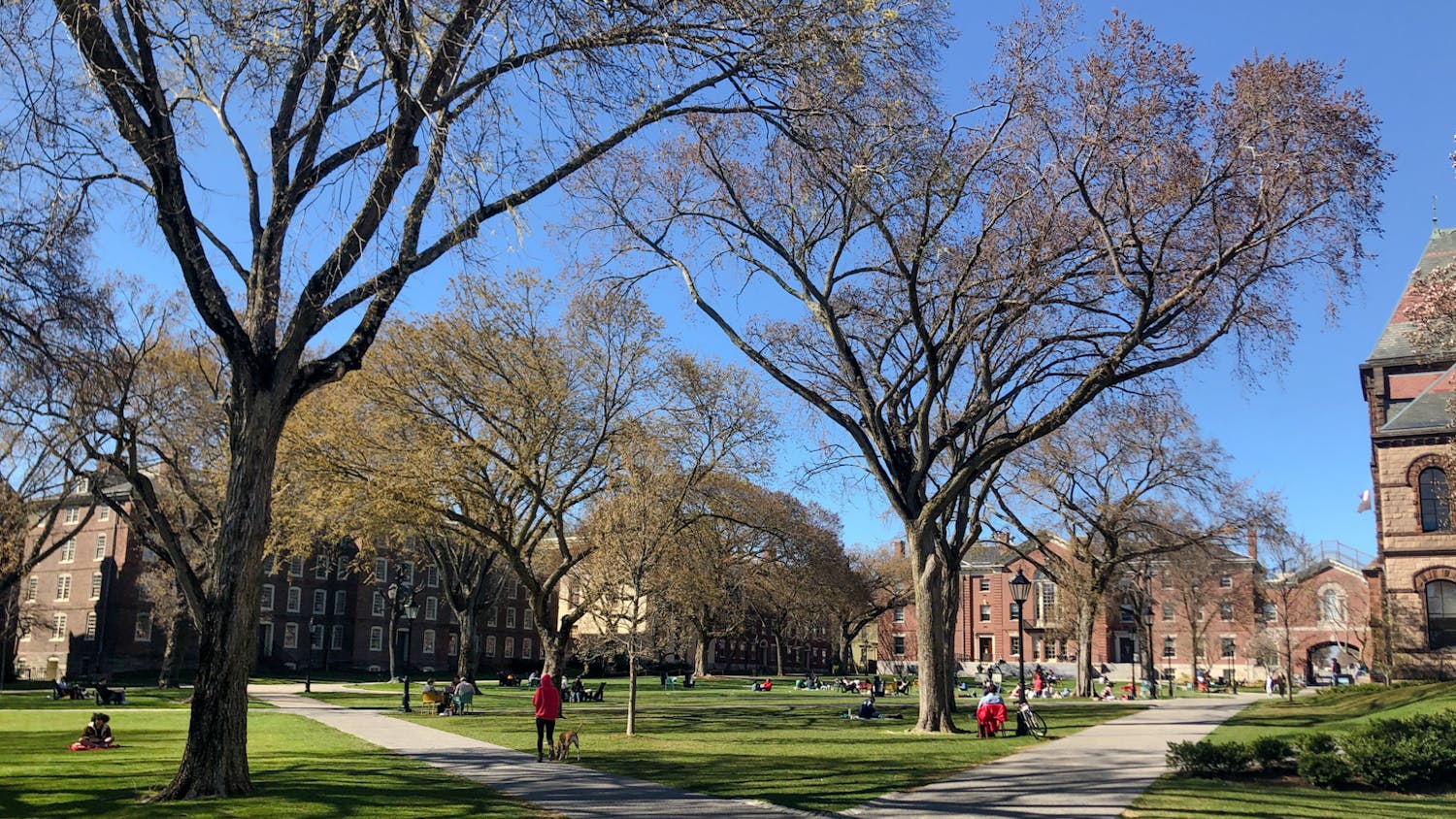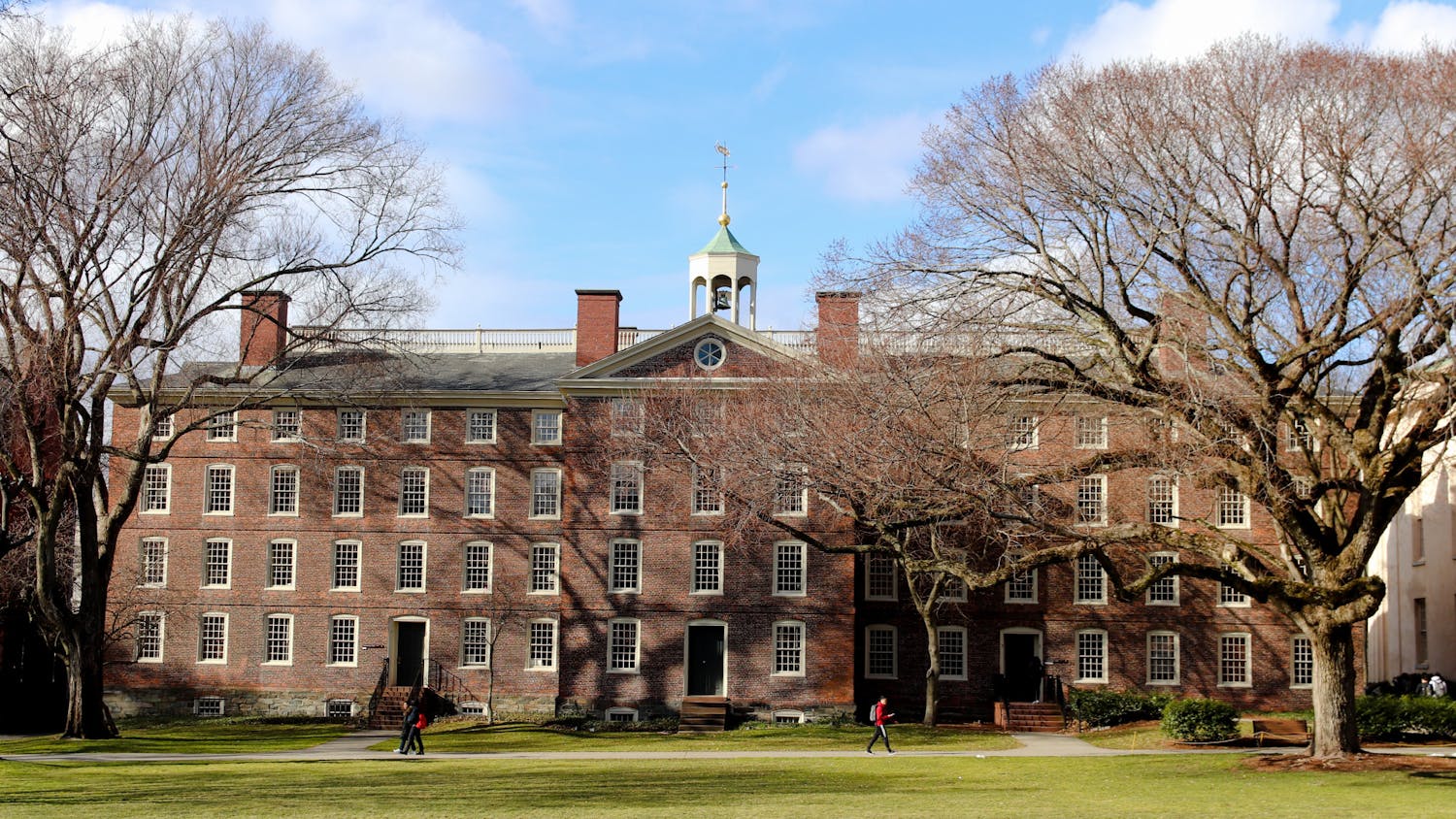The University will amend its business ethics policies and “enhance” its gift and grant acceptance processes to ensure Brown does not conduct any further work with individuals and organizations that advance science disinformation, according to a Today@Brown announcement from President Christina Paxson P’19 on April 22.
Along with updating relevant business policies to better reflect the University’s “mission of advancing knowledge and understanding,” Paxson wrote that she will establish a due diligence committee to review potential gifts and grants, as well as a separate working group charged with developing recommendations to improve the University’s gift and grant processes.
“The approach we pursue as a University should be based on and reflect Brown’s mission and values, protect academic freedom, promote transparency and accountability and enable efficient and practical processes for managing gifts and grants,” Paxson wrote. Both the review committee and working group “will carry out their functions with these goals in mind.”
Paxson’s announcement comes in response to recommendations made last month by the Advisory Committee on University Resources Management to address a proposal submitted by Scholars at Brown for Climate Action in November 2021, which called for the University to set rules to prevent Brown from working with businesses that perpetuate climate misinformation, The Herald previously reported.
ACURM — an advisory committee that evaluates the ethics of the University’s investment and business practices in accordance with its mission and values — recommended that the University amend its business ethics policy to indicate its refusal to work with such organizations, maintain its gift acceptance policy and support an effort to identify organizations that deny climate change.
Throughout March, Paxson fielded community responses to ACURM’s recommendations. The feedback ranged from “full support (of the recommendations) to concerns about possible impacts on academic freedom, the exclusive focus on climate … disinformation and the practicalities of enforcing the recommendations,” Paxson wrote.
The formation of both the review committee and the working group is part of an effort “to increase trust and transparency within our community” about the University’s gift and grant acceptance policies, according to the announcement.
The due diligence committee — composed of Provost Richard Locke P’18, Executive Vice President for Finance and Administration Sarah Latham and one faculty member from both Brown’s Research Advisory Board and ACURM — will serve in an advisory role to Paxson and the Corporation, the University’s highest governing body. Paxson expects to establish a permanent committee in fall 2022, according to the announcement.
The separate working group — made up of senior administrators, faculty and Corporation members — will make recommendations to ensure that the University’s gift and grant-related processes reflect Brown’s values, enhance trust within the community, protect academic freedom and are “fair, efficient and timely,” Paxson wrote.
The working group will also develop recommendations on how to guarantee that the University’s business policies and practices “do not politicize gift and grant acceptance or use business practices as an advocacy tool,” Paxson wrote.
J. Timmons Roberts, professor of environmental studies and sociology and member of SBCA, said he believes the University could go further in its initiative by developing a clearinghouse that would review “funders and disinformation groups to develop a list of inappropriate groups for Brown to receive money from,” he wrote in an email to The Herald. Roberts previously advocated for SBCA’s proposal at faculty meetings.
ACURM recommended the creation of a clearinghouse in its report, but “the proposed methods for the ‘clearinghouse’ are not finely targeted enough to accurately identify organizations or individuals that advance science disinformation, and it would be inappropriate to use these methods for decision-making on gifts and grants,” Paxson wrote in the announcement.
John Westbrook, a postdoctoral fellow in the Cognitive, Linguistic and Psychological Sciences department who is also a member of SBCA, wrote in an email to The Herald that these changes are “a very important first step that will be the foundation for an effective academic response to the rise of disinformation and its corrosive effects throughout society.”
“For the policy to achieve its goals, Brown will need to be transparent and open about how decisions are made about business and financial relationships to which this policy applies,” he wrote, adding that one way to improve on the proposal would be to include University faculty, staff and students in decisions and making firm commitments.
Paxson added that the University will share further information on its updated business ethics policies and practices and the formation of the new committee and working groups in the coming months.

Alex Nadirashvili was the managing editor of multimedia and social media for The Brown Daily Herald's 133rd Editorial Board. As a former University News editor, he covered faculty, higher education and student life, though his proudest legacy is The Brown Daily Herald TikTok account.





